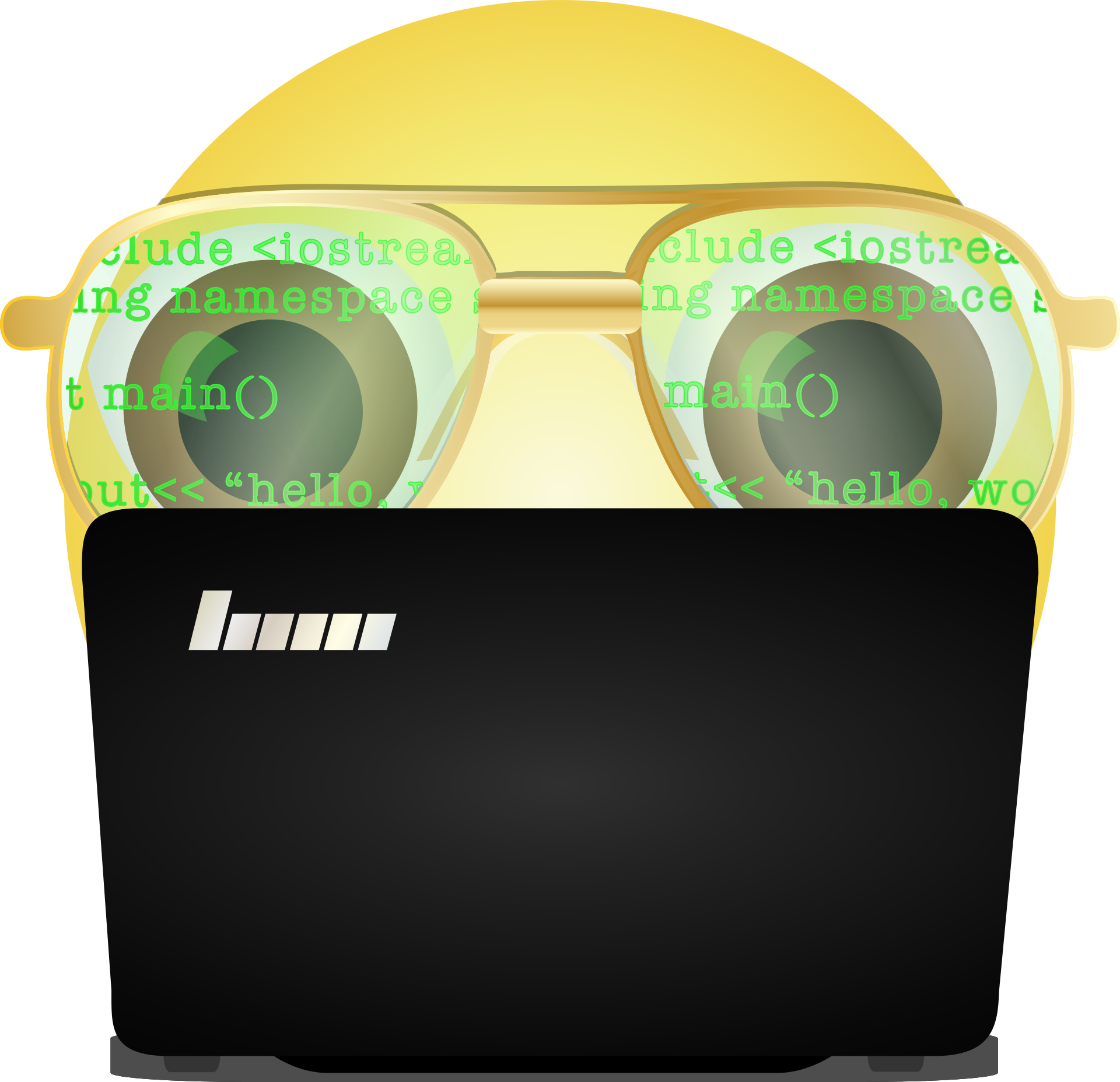
11 job interview questions that a programmer should prepare for
A programmer job interview is not a simple matter. Many of them expect only questions related to a specific programming language and technical skills. Meanwhile, the programmer that employers are looking for is also a person with such competencies as business orientation, ability to work in a group, communication, ability to work under time pressure and meeting deadlines. That is why during a job interview for a programmer or developer position, a series of seemingly unrelated technical skills questions are asked. What questions should a developer prepare for and what features or skills are hidden under them?
1.How do you update your programming knowledge?This question is related to the desire and openness to gain new experiences and learn new things. Competence in the age of the development of new technologies is essential. What the employer expects is not only to browse trade press or the internet in the programmer’s specialization area, but also to explore new areas – such as new languages or the implementation of new solutions. It is also about writing „to the drawer” applications or taking on projects that require additional skills. It is also worth highlighting here conversations with „colleagues” or any meetings and meet-ups organized by enthusiasts in every larger city.
2. What do you do when you realize there is a bug in the code?
A good programmer not only knows how to quickly and accurately write the next lines of code, but also how to verify and check it. If something is not working, instead of blindly introducing changes and fixes, the manager expects a quick verification of the existing code – especially if the programmer is not its creator. On the occasion of this question, a practical task often appears, related to fixing a bug in a real code fragment.
3. Describe your ideal job/work environment.
Some programmers feel great in a group and are not bothered by the noise of an open space. Others prefer to work in silence and peace, at their chosen hours. The description of the ideal job is an attempt to check whether what the company can offer the programmer fits his work style. There is no good or bad answer here – at most you will not hit what the company can offer. However, if this happens, there is nothing to regret – you would struggle in this job.
4. Let’s say you are given a task that is almost impossible to complete. What do you do?
The point is not for the programmer to discover America by creating a solution to a difficult problem on the spot, but rather to see if this is a person who will make hypotheses and try to tackle the task or if they will more often choose the „it can’t be done” option – a favorite phrase of some programmers.
5. Describe what the application you recently wrote does in words that Mrs. Zosia from the vegetable shop will understand.
This task is meant to show the programmer’s communication skills and whether they are able to work with people outside of their team, such as an external or internal client. As a developer, especially one who needs to design solutions, it is extremely important to be able to explain the project’s purpose in simple terms and to ask about functionality that the client may not have thought of because they are not knowledgeable about it and don’t realize it is needed.
6. What are your hobbies?
7. Which process in your last job would you most like to optimize?
8. You are given a new project. Describe the steps of the work.
9. Have you ever suggested a new idea that could potentially help the business of the application you were working on?
10. You have to write a part of an application and you are unable to meet the deadline. What do you do?
11. Have you ever spent hours working on a project only to find out later that it didn’t have all the guidelines and you had to plan the work from scratch? What did you do?
Such situations are common. Even more often, work involves constant bug fixing and updating of applications. As a result, many programmers experience frustration with not being able to achieve success in the form of completing the application. How they cope with this can be crucial for the organization in terms of staff turnover.
A good programmer is not just a great coder – that’s why recruitment interviews ask questions that go beyond the norm.
